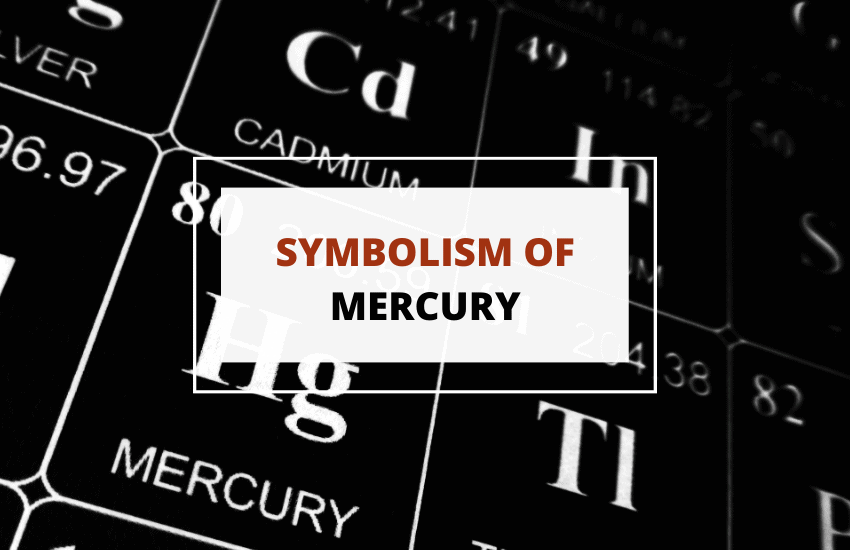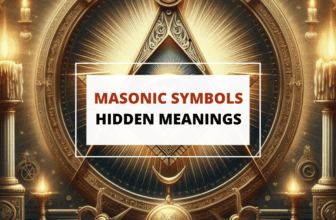
Known as Hg and with the atomic number 80, mercury stands out as the only metal liquid at room temperature. Historically, this quicksilver played a vital role in ancient civilizations like the Greeks, Romans, and Chinese. They used it in various ways, from medicine to mystical alchemy.
Let’s explore the rich history and properties of mercury, delving into its fluid nature and its significant impact on science, culture, and mythology.
What is Mercury?

Mercury, also known as quicksilver, is distinguished by its chemical symbol Hg and atomic number 80. It is unique among metals for being liquid at room temperature. This element has a storied past, recognized by ancient civilizations such as the Greeks, Romans, and Chinese, who used it in everything from cosmetics to medicinal treatments.
The name “mercury” comes from the Roman god Mercury, famed for his speed and agility, reflecting the fluid, dynamic nature of this metallic liquid. Alchemists were particularly drawn to mercury for its transformative properties and its dual nature as both a metal and a liquid, symbolizing change and adaptability. Its ability to merge with other metals was crucial in alchemy, where it was used in attempts to turn base metals into gold, a central goal of this ancient practice.
Symbolism of Mercury
The symbolism of Mercury is rich and varied, spanning different cultures and disciplines. In general, it symbolizes duality and adaptability, reflecting the fluid nature of identity and the capability to navigate life’s changes with resilience. Its symbolism supports not just literal communication and travel but also the metaphorical journey through life’s transformations.
Mercury inspires embracing change, driving personal growth, and adapting to life’s unpredictability. It embodies the versatility needed to navigate life’s complexities, making it a symbol of ongoing growth and adaptability in both personal and broader contexts.
In Alchemy

In alchemy, Mercury, also known as quicksilver, is crucial as it symbolizes transformation and change. Revered for its liquid metal form and ability to merge with other metals, it represents the mystical union and transformation of opposites.
This is seen as the transmutation of base metals into noble gold, reflecting spiritual enlightenment. Mercury is linked to the philosopher’s stone, believed to grant immortality and ultimate wisdom, making it central to alchemical mastery and the quest for a deeper understanding of nature and oneself.
In Roman Mythology

In Roman mythology, Mercury is the god of commerce, communication, and travelers, similar to the Greek god Hermes. Known for his speed and agility, he swiftly moves between the mortal and divine worlds.
He carries the caduceus, symbolizing negotiation and balance, and wears winged sandals and a hat, emphasizing his role as a divine messenger and soul guide to the underworld. This showcases his ability to mediate between different realms, positioning him as a protector and intermediary.
In Astrology

In astrology, Mercury governs communication, intellect, and information exchange, significantly influencing mental processes. It controls how thoughts are processed and communicated. Those under Mercury’s influence are quick thinkers, adaptable, and skilled communicators.
Its rapid orbit around the Sun mirrors the fast flow of ideas. During its retrograde phases, known for causing communication and technological disruptions, it encourages reevaluation and careful planning.
In Psychology

In Jungian psychology, Mercury represents the link between the conscious mind and the subconscious. It facilitates the integration of different personality facets, promoting introspection and subconscious exploration.
This helps reveal personal truths and insights, leading to psychological growth and integration. Mercury’s role is pivotal in developing mental flexibility and resolving internal conflicts, essential for personal wholeness.
Wrapping Up
Mercury’s symbolism spans alchemy, mythology, astrology, and psychology, highlighting its deep impact on human thought and communication. As a bridge between material and spiritual realms, and the seen and unseen, Mercury inspires us to embrace change and navigate life’s complexities effectively.








